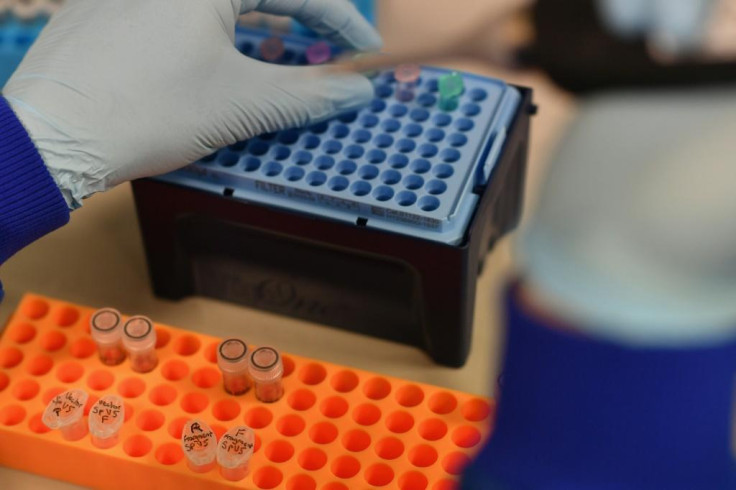Virus research yield surprising results regarding possible benefits of previous inoculations
It seems that previous vaccinations could be the key to prevent certain COVID-19 symptoms and reduce mortality rates.
The race to develop and distribute a safe and effective coronavirus vaccine continues, as several biotech groups move up to phase three of their respective clinical trials. Meanwhile, studies related to how the immune system reacts when exposed to SARS-CoV-2 are still ongoing. So far, researchers might have discovered an interesting factor as to why some individuals develop moderate to severe symptoms, while others do not. It seems that previous vaccinations could be the key to prevent certain COVID-19 symptoms.
Mayo Clinic infectious disease specialist Dr. Andrew Bradley told CNN's Anderson Cooper about the latest findings. He stated: "When we looked in the setting of Covid disease, we found that people who had prior vaccinations with a variety of vaccines -- for pneumococcus, influenza, hepatitis and others -- appeared to have a lower risk of getting Covid disease." Medical professionals refer to this as immune training.
"A good analogy is to think of your immune system as being a muscle," said Bradley. "The more you exercise that muscle, the stronger it will be when you need it." The study hopes to eventually offer concrete evidence that will support what immunologists suspect could aid in the fight against the COVID-19 pandemic. Moreover, several healthcare experts claim it is possible.
Last month, reports regarding the mortality rate brought about by pandemic were notably lower in certain nations. Further investigation shows that most of the people from those countries were inoculated with Bacillus Calmette-Guerin (BCG) – a tuberculosis vaccine. This implies that some shots could boost the immune system against certain effects of the virus.

In related research, University of California, San Francisco infectious disease specialist Dr. Monica Gandhi and her team were looking into how some individuals do not even experience any of the symptoms. "What the mask does is really reduce the amount of virus that you get in, if you do get infected," she explained. "And by reducing that ... you have a lower dose, you're able to manage it, you're able to have a calm response and you have mild symptoms or no symptoms at all." Therefore, a combination of immunisation and protective equipment could potentially make a substantial difference.
© Copyright IBTimes 2025. All rights reserved.





















